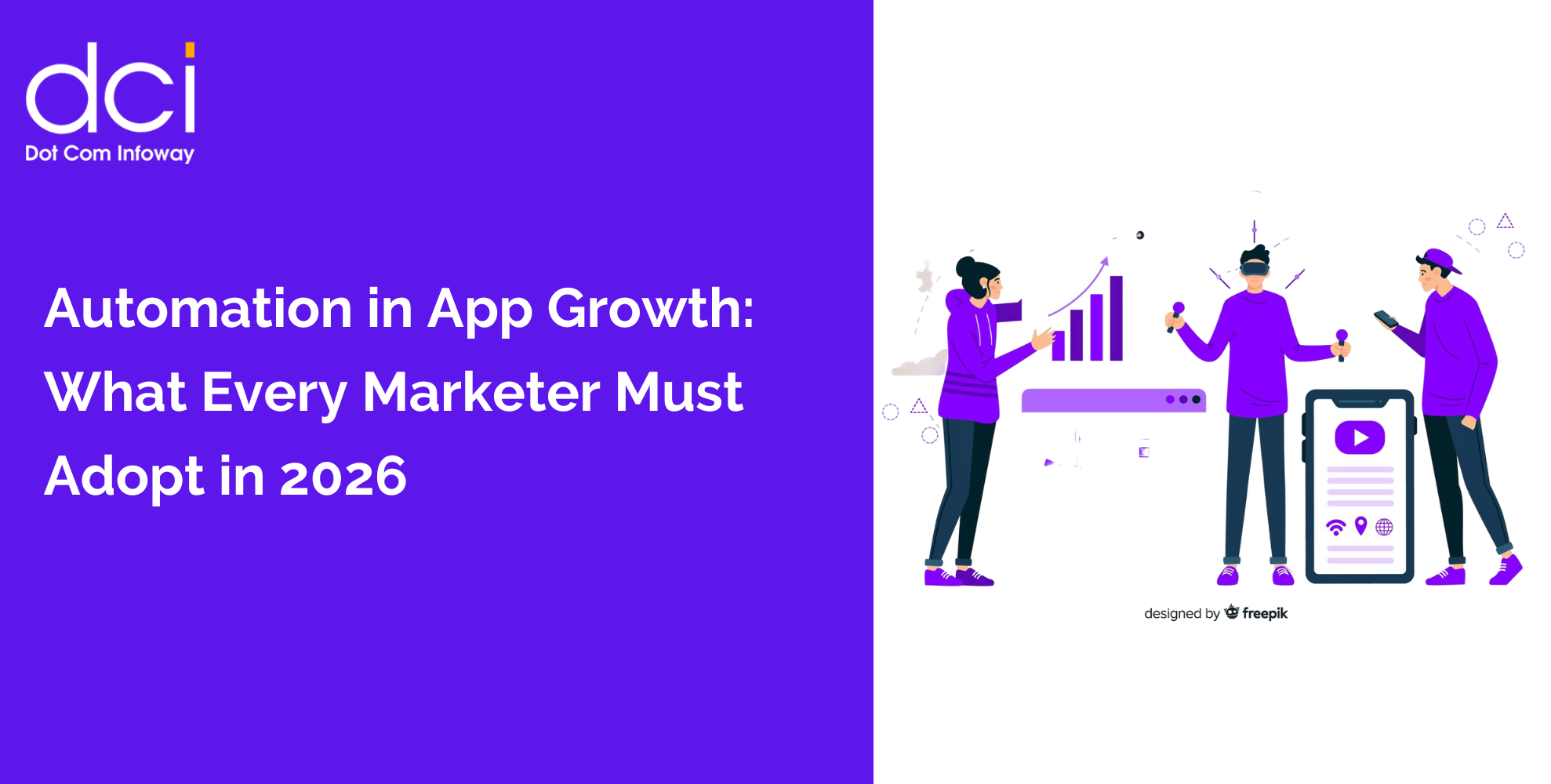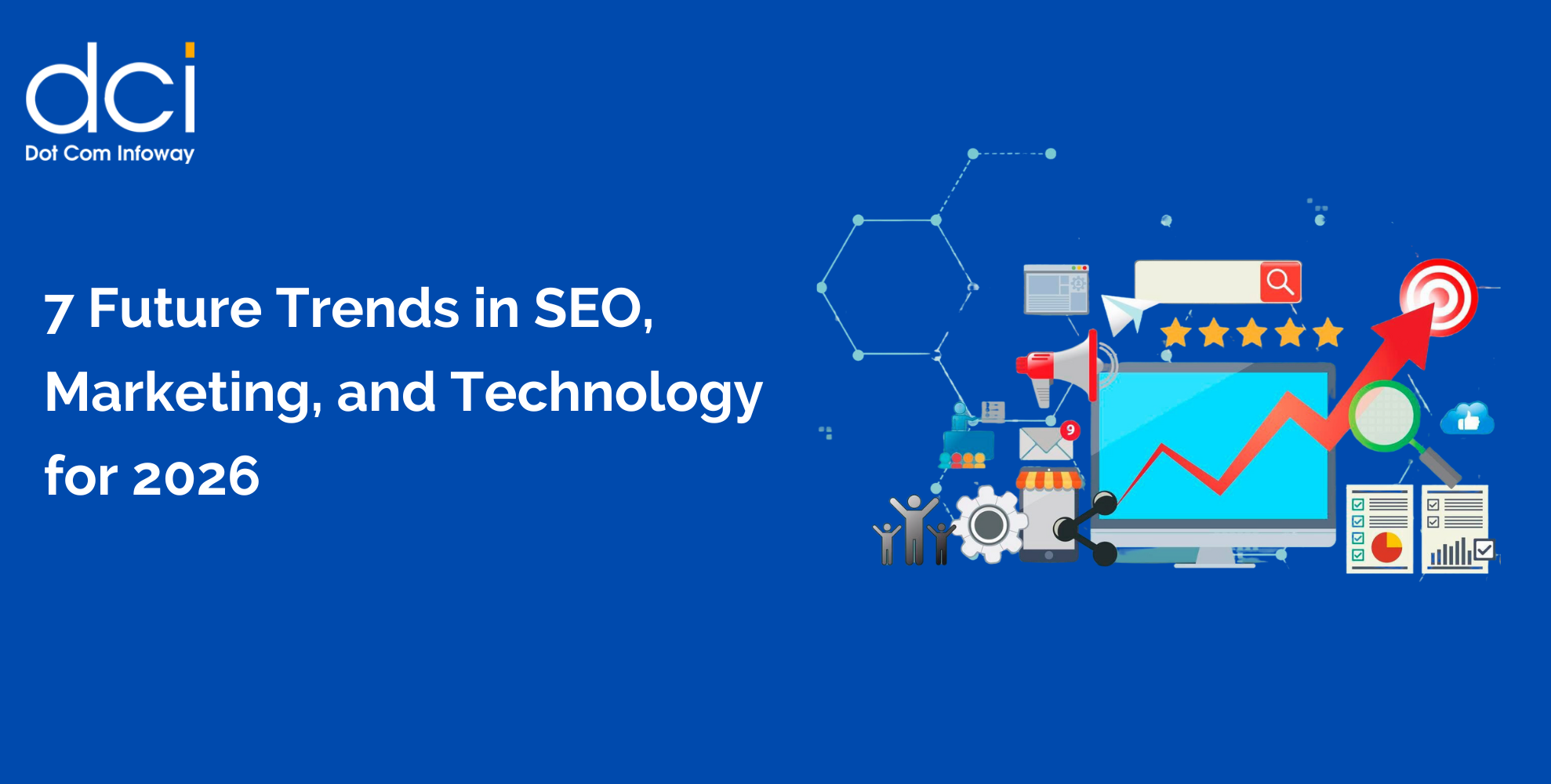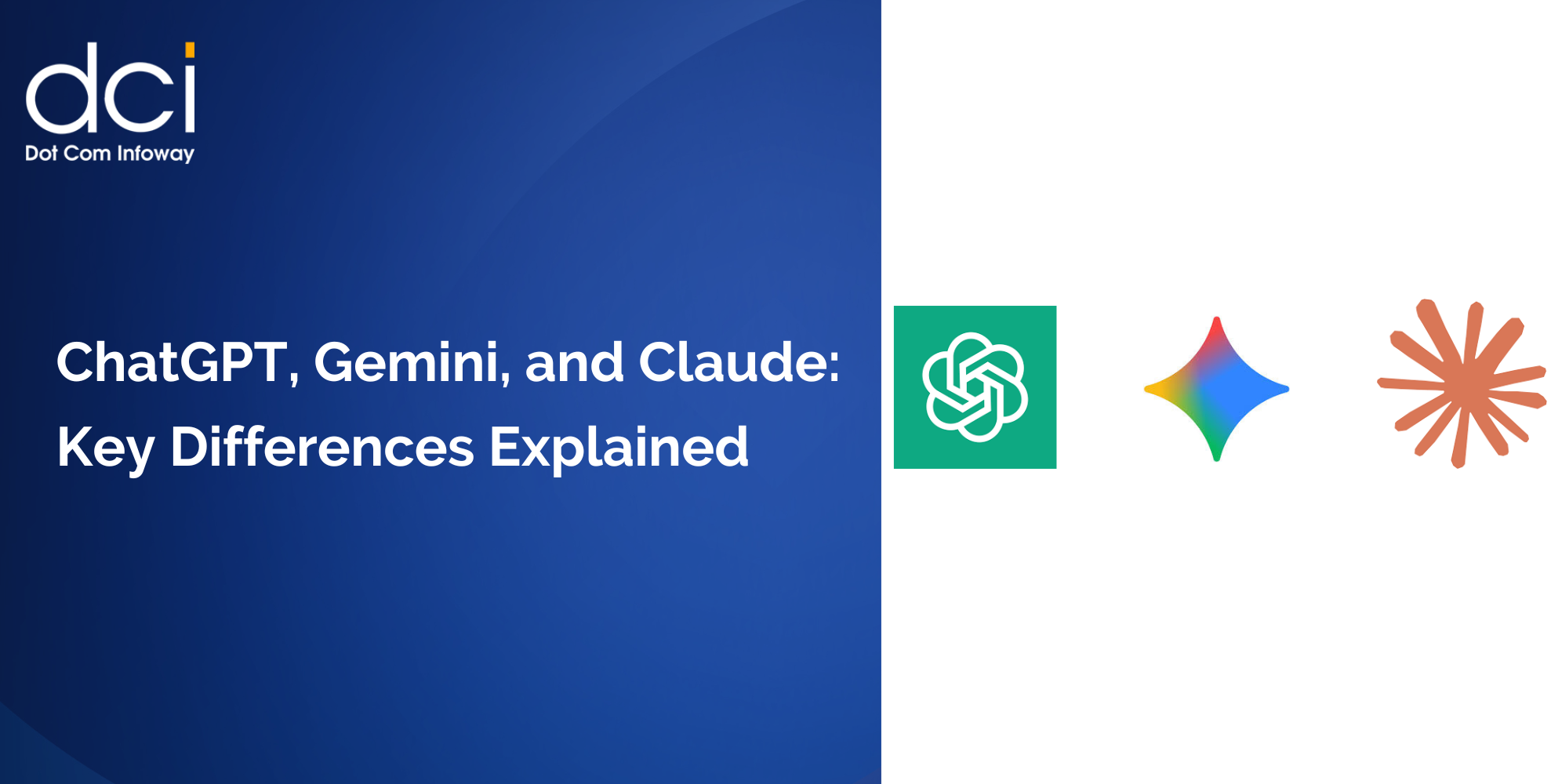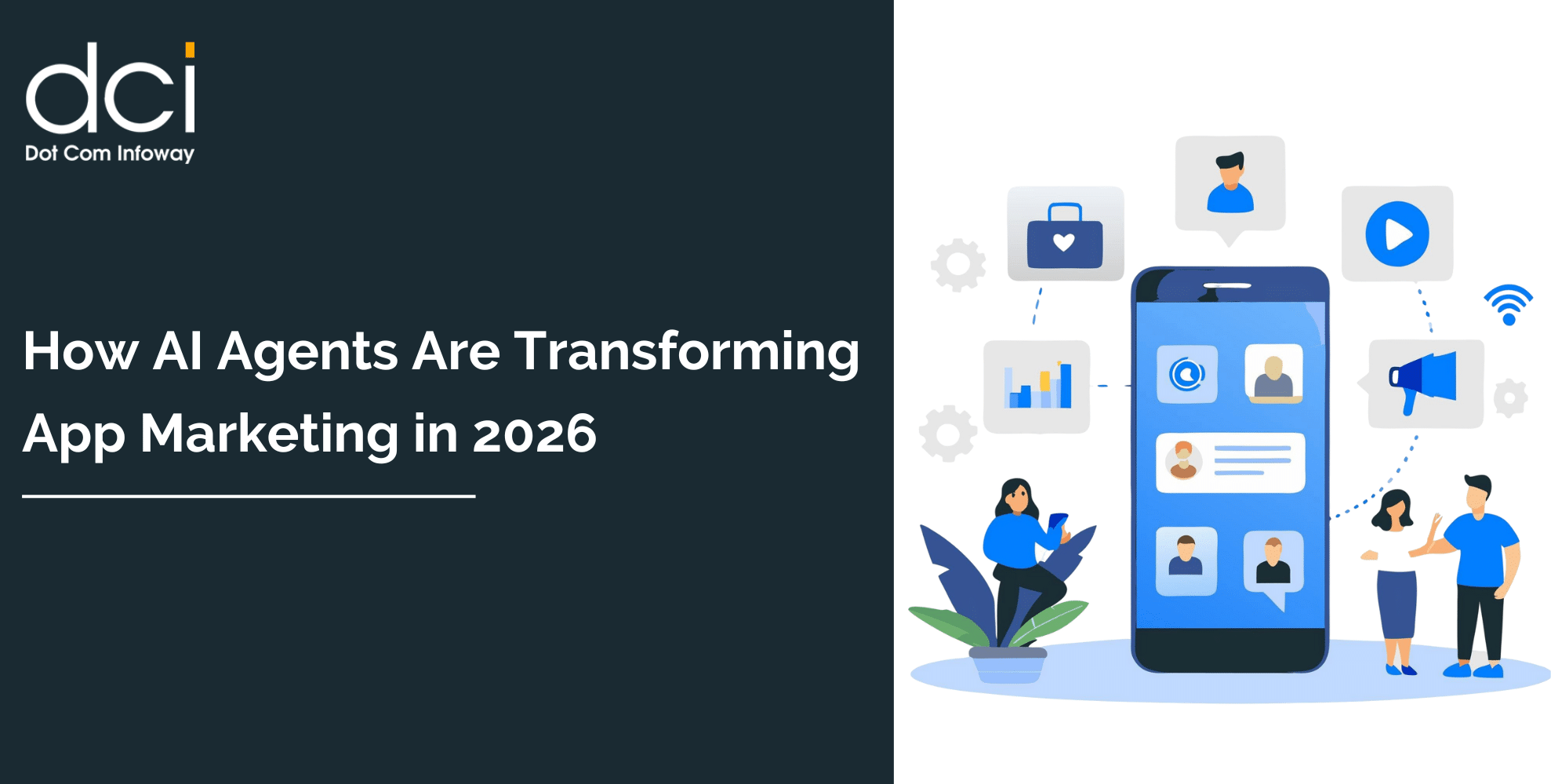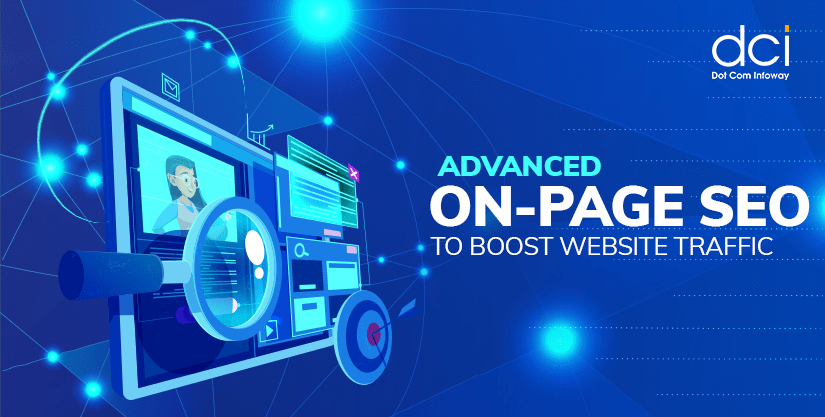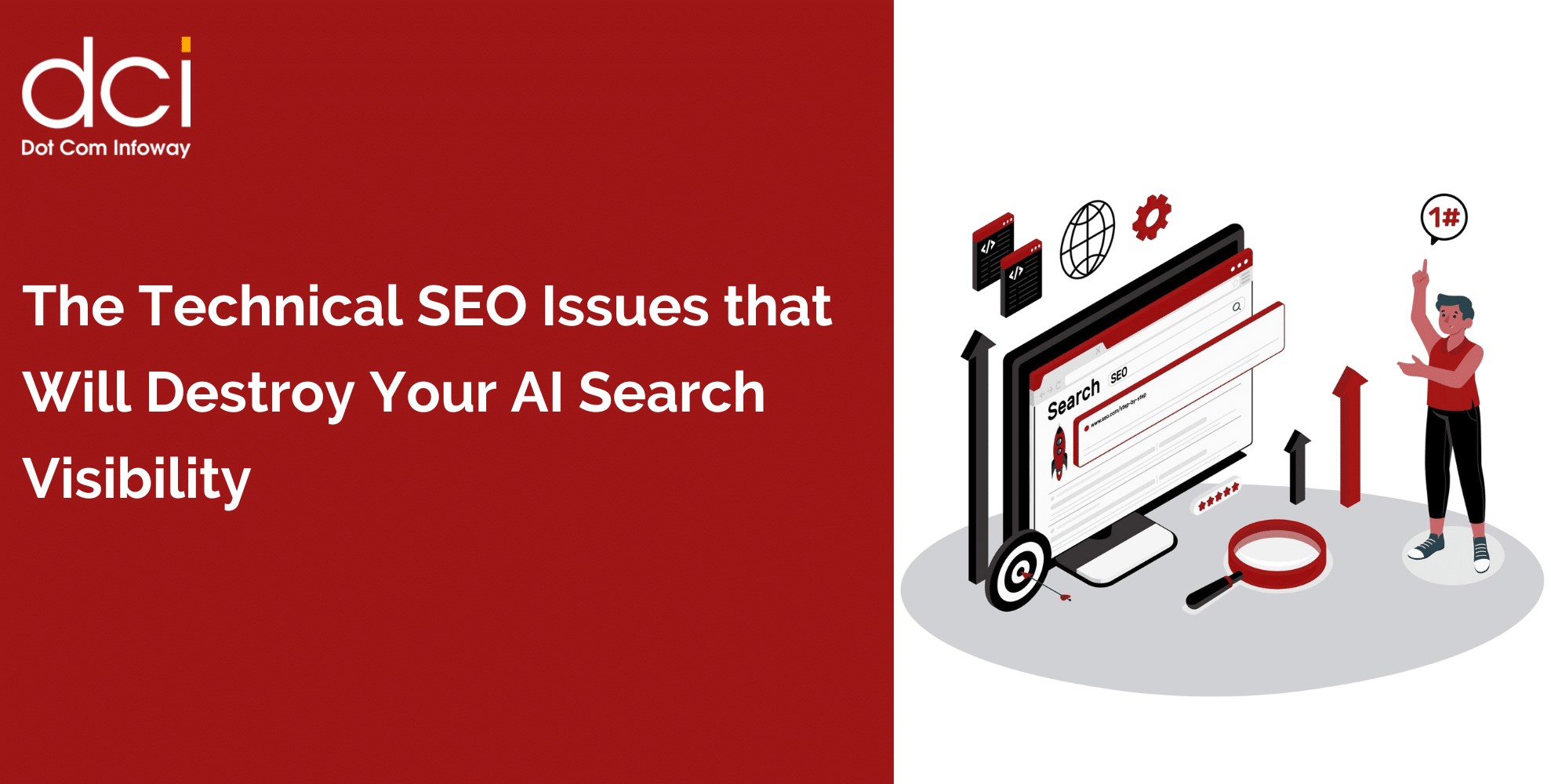What Makes Autonomous AI Agents Different?
Autonomous AI Agents mark a major leap from reactive to proactive intelligence. Conventional AI works like a question-answering machine. Autonomous agents, however, perceive their environment, make decisions, and take independent actions toward specific objectives.
They can also break down multi-step processes and coordinate with other systems. For example, OpenAI’s advanced models and Google DeepMind’s latest releases demonstrate capabilities far beyond text generation. These systems analyze market data, execute trading strategies, manage customer relationships, and even coordinate entire marketing campaigns.
“This will be the decade of AI agents,” predicts Andrej Karpathy, founding member of OpenAI and former Tesla AI lead. His statement underscores the transformative potential of agentic AI.
The market agrees. AI Agents are projected to reach $70 billion by 2030, with early adopters already reporting strong returns on investment.
The $70 Billion Opportunity: Market Growth and ROI
The numbers surrounding AI Agents tell a compelling story. According to PwC’s comprehensive AI Agent Survey, 79% of US firms are already implementing some form of autonomous AI, with top-performing companies achieving an average ROI of 192%.
Here’s what the data reveals about AI automation trends 2025:
• Market Size: The autonomous AI agent market is exploding, with projections reaching $45 billion in 2025 and $52.6 billion by 2030
• Investment Flow: Over $2 billion has been invested in agentic AI companies in the past two years alone
• Adoption Rate: 29% of organizations currently deploy Autonomous AI Agents, while 44% plan to implement them soon
• ROI Expectations: 62% of enterprises expect 100%+ returns from their agentic AI initiatives
Multimodal’s research shows that companies successfully implementing AI Agents achieve an average ROI of 171%, significantly outperforming traditional automation solutions.
Real-World Applications Driving Business Value
Enterprise-Ready AI Agents in Customer Service
Microsoft’s AI-powered workflow automation systems are revolutionizing customer support operations. Their autonomous agents can handle complex customer inquiries, escalate issues appropriately, and even process refunds or exchanges without human intervention.
IBM’s enterprise-ready AI agents have helped companies like American Express reduce customer service response times by 60% while maintaining higher satisfaction scores than human-only teams.
Generative AI Agents in Business Operations
Autonomous AI Agents are making significant impacts across various business functions. Consider these real-world implementations:
Supply Chain Optimization: Companies like Walmart use autonomous agents to predict demand, optimize inventory levels, and automatically adjust procurement schedules based on real-time market conditions.
Financial Services: JPMorgan Chase deploys AI Agents for fraud detection and risk assessment, processing millions of transactions daily with precision that exceeds human capabilities.
Marketing and Sales: Salesforce’s Einstein AI agents automatically qualify leads, personalize customer communications, and optimize campaign performance across multiple channels simultaneously.
Anthropic’s Claude and other advanced AI systems are being integrated into business workflows to handle everything from contract analysis to creative content generation, demonstrating the versatility of modern Autonomous AI Agents.
Challenges of Deploying Autonomous AI
Despite promising ROI figures and growing adoption, implementing Autonomous AI Agents presents significant challenges that organizations must navigate carefully.
Technical Integration Complexities
The transition from traditional AI tools to truly autonomous systems requires substantial infrastructure changes. According to BluePrism’s research, organizations often underestimate the complexity of integrating Autonomous AI Agents with existing enterprise systems.
“Most agentic AI applications remain at Level 1 and 2 maturity, with only a few exploring Level 3 capabilities,” notes a recent Stanford HAI report, indicating that many implementations are still experimental.
Trust and Oversight Concerns
Balancing autonomy with accountability remains a critical challenge. While Autonomous AI Agents can operate independently, businesses need frameworks to monitor decisions and maintain compliance with industry regulations.
Companies like Lila Sciences and AgentFlow are developing specialized tools to address these oversight challenges, but the solutions are still evolving.
Skills Gap and Change Management
The shift to agentic AI demands talent with both technical and business expertise. HR teams report difficulty hiring professionals who can design and manage autonomous systems effectively.

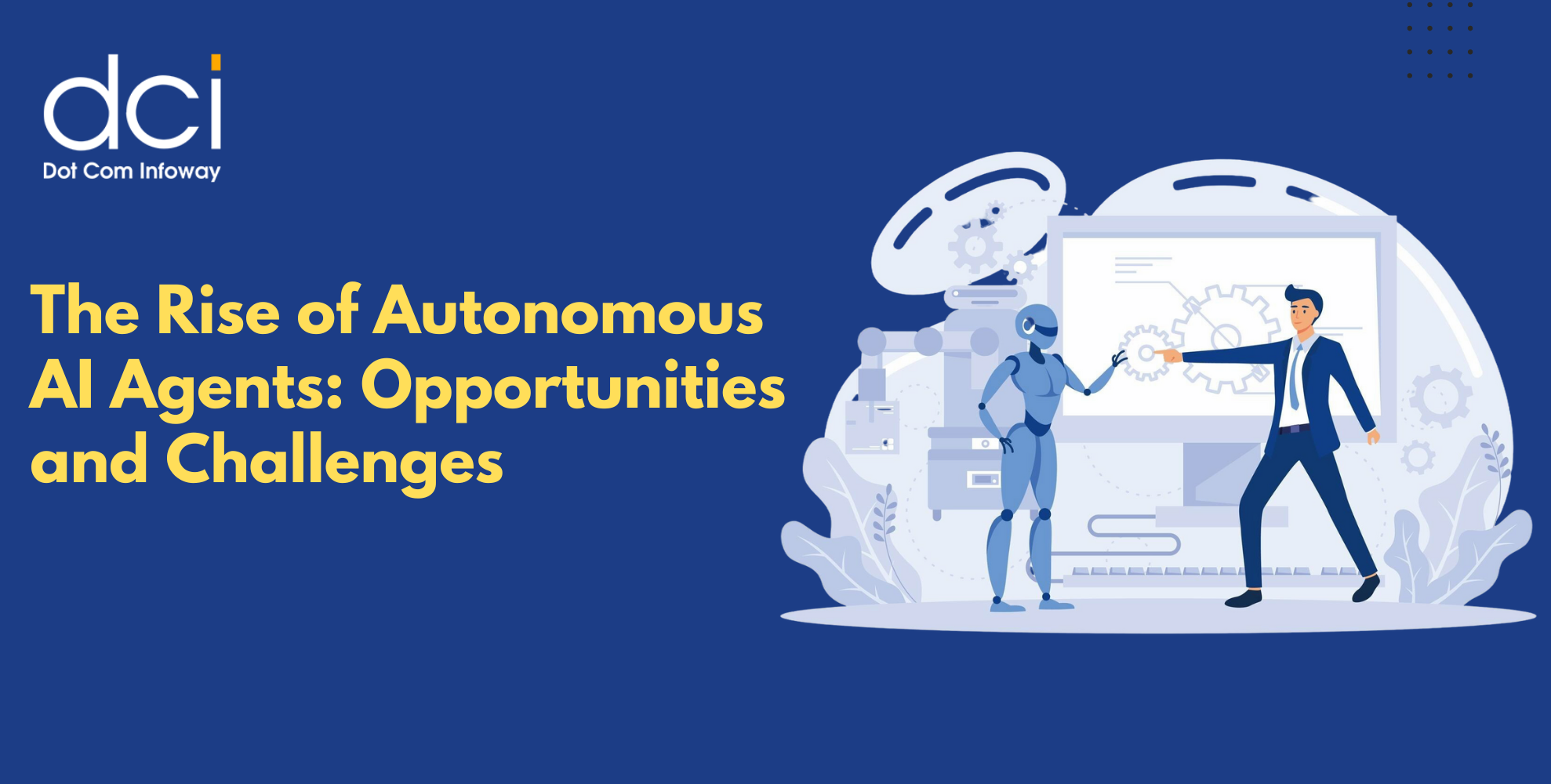





![The Game Marketing Guide: Pre and Post-Launch Strategies [Infographic]](https://www.dotcominfoway.com/wp-content/uploads/2023/09/DCI-Game-Marketing-blog-1.jpg)

